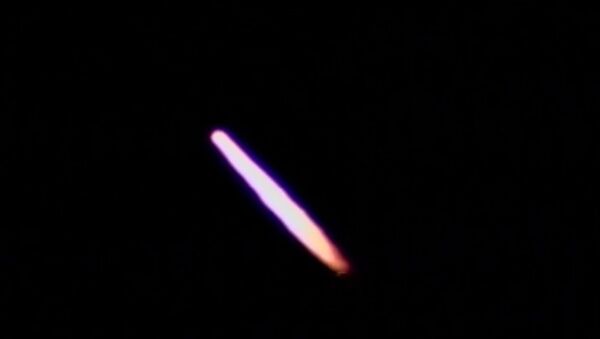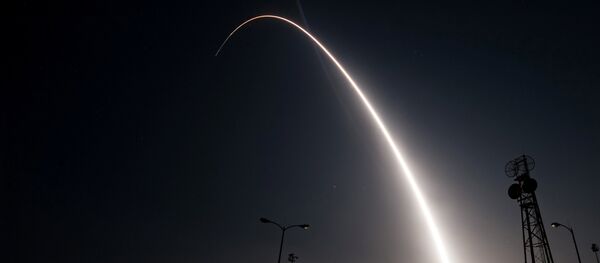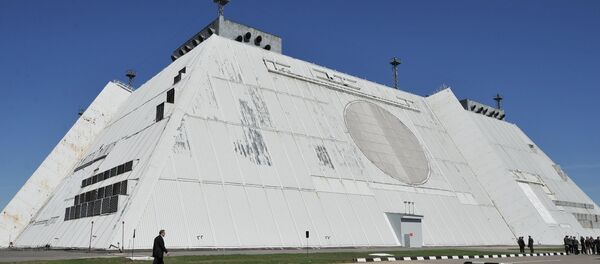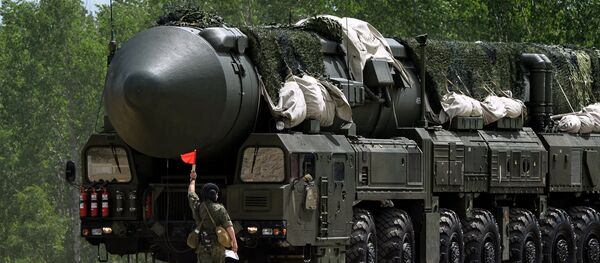On Wednesday, a dummy Minuteman III intercontinental ballistic missile blasted off from Vandenberg Air Force Base in California, flying about 6,800 km and touching down in the Pacific Ocean in the Marshall Islands' Kwajalein Atoll.
The test, which the military said took ten months to plan, was the second Minuteman III launch in a week's time.
Following the first test, which took place April 24, media reports hinted that the test may have been meant as a show of force amid growing tensions between the US and North Korea over Pyongyang's own nuclear and missile testing programs.
After Wednesday's test, US media again speculated that the missile testing was probably connected to tensions with North Korea.
Asked to comment on Wednesday's second round of Minuteman III testing, Konstantin Sivkov, a respected Russian military analyst and a member of the Russian Academy of Rocket and Artillery Sciences, told Radio Sputnik that the test was not a message to Pyongyang, but to the world as a whole, and to Russia in particular.
For starters, the expert recalled that "the Minuteman III is a rather old missile. It has been in the US strategic nuclear forces' arsenal for over 40 years. Therefore, these missiles require regular test launches, and it has nothing to do with North Korea."
At the same time, the analyst said that it's worth remembering that the US has made the decision to develop a new, heavy ground-launched missile, which will eventually replace the Minuteman III.
Ultimately, Sivkov emphasized that ICBM tests of this kind by the US are intended not so much as a message to Pyongyang, but as "a signal to the entire world, and especially to Russia, that the US is keeping its nuclear forces ready for use."
Russia is currently in the process of upgrading its own strategic deterrent, taking account of US and NATO efforts to ring Russia with missile defense, and the bloc's superiority in conventional forces. At the same time however, notwithstanding NATO's continued military buildup along its borders, Moscow has continued to adhere to the 2010 START nuclear arms reduction treaty, and hopes that other nuclear powers will join in in the near future.




